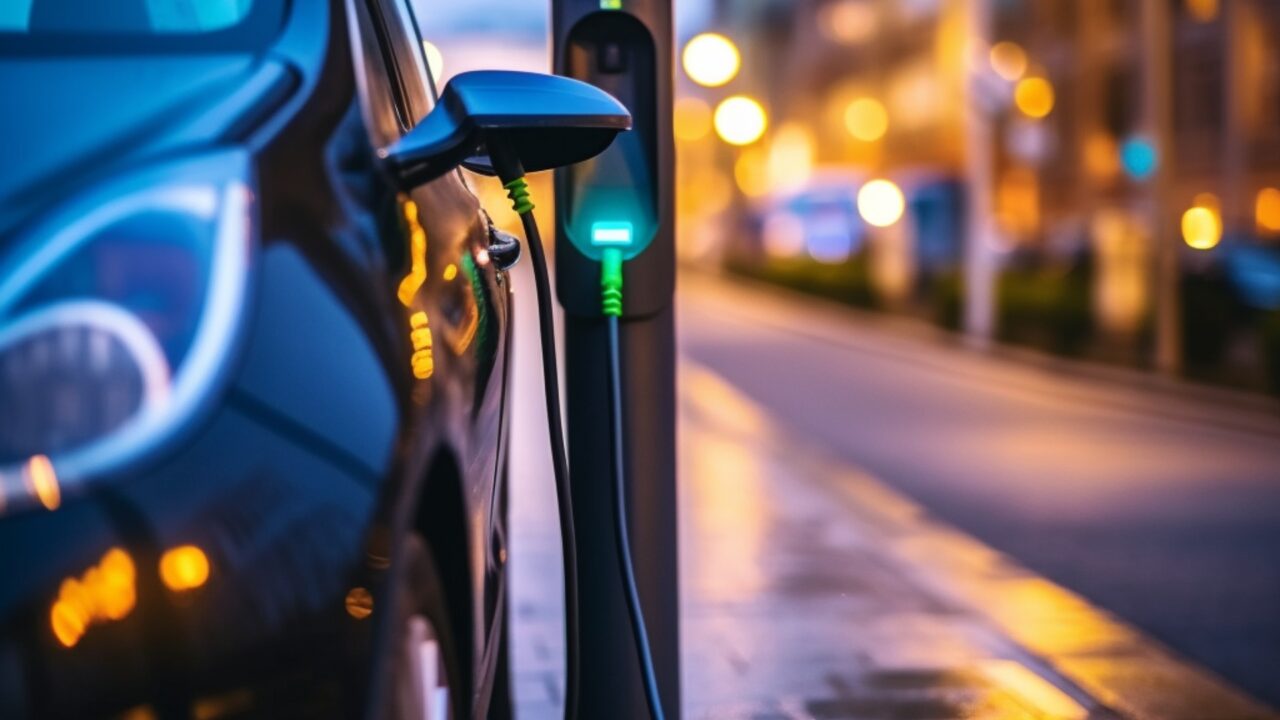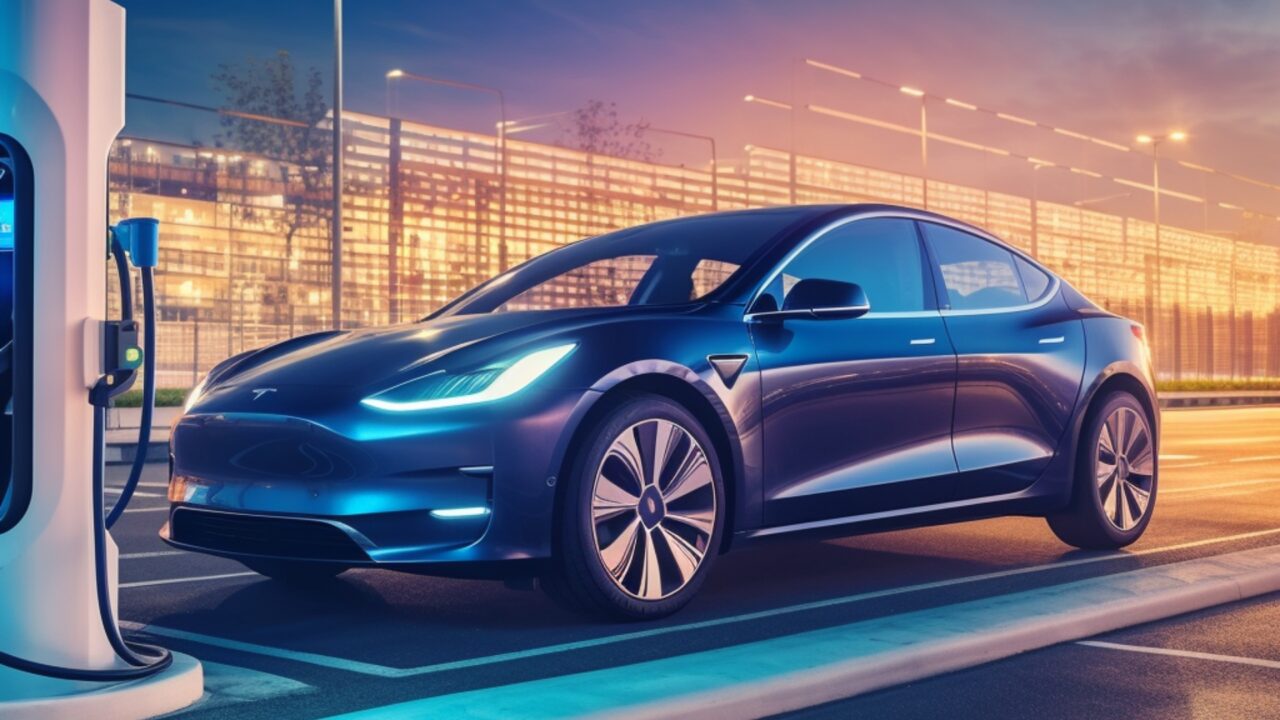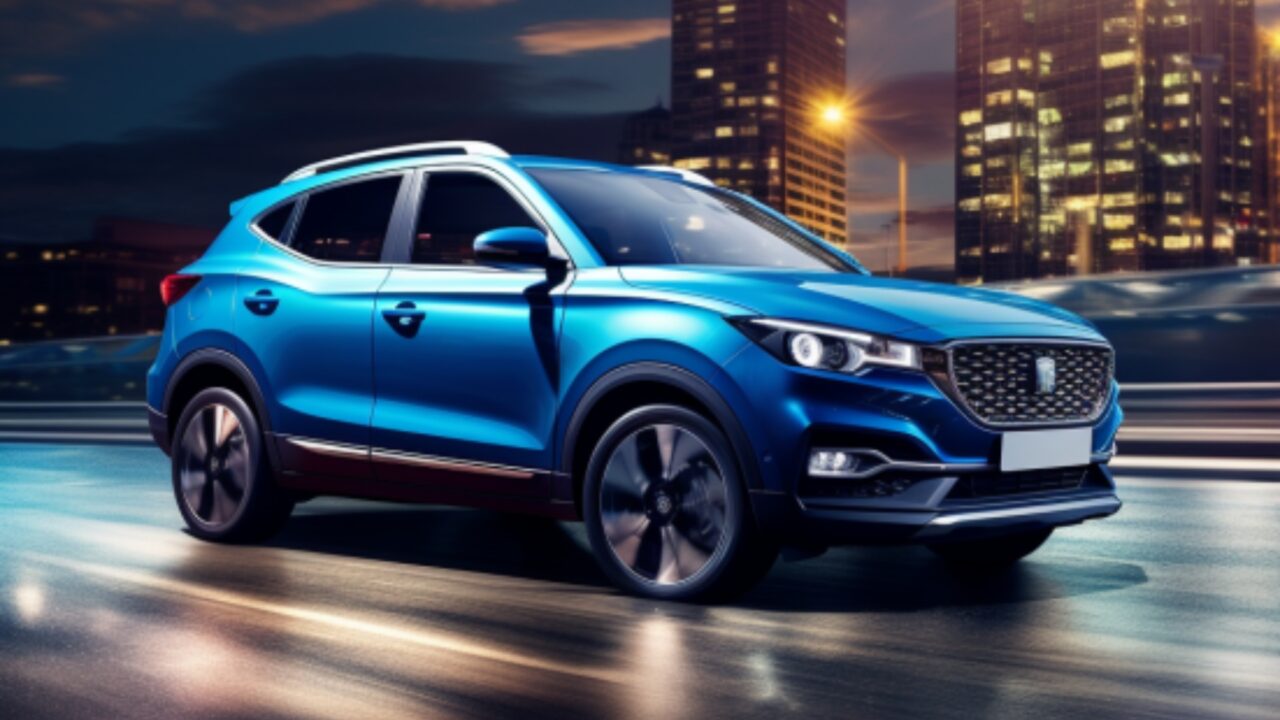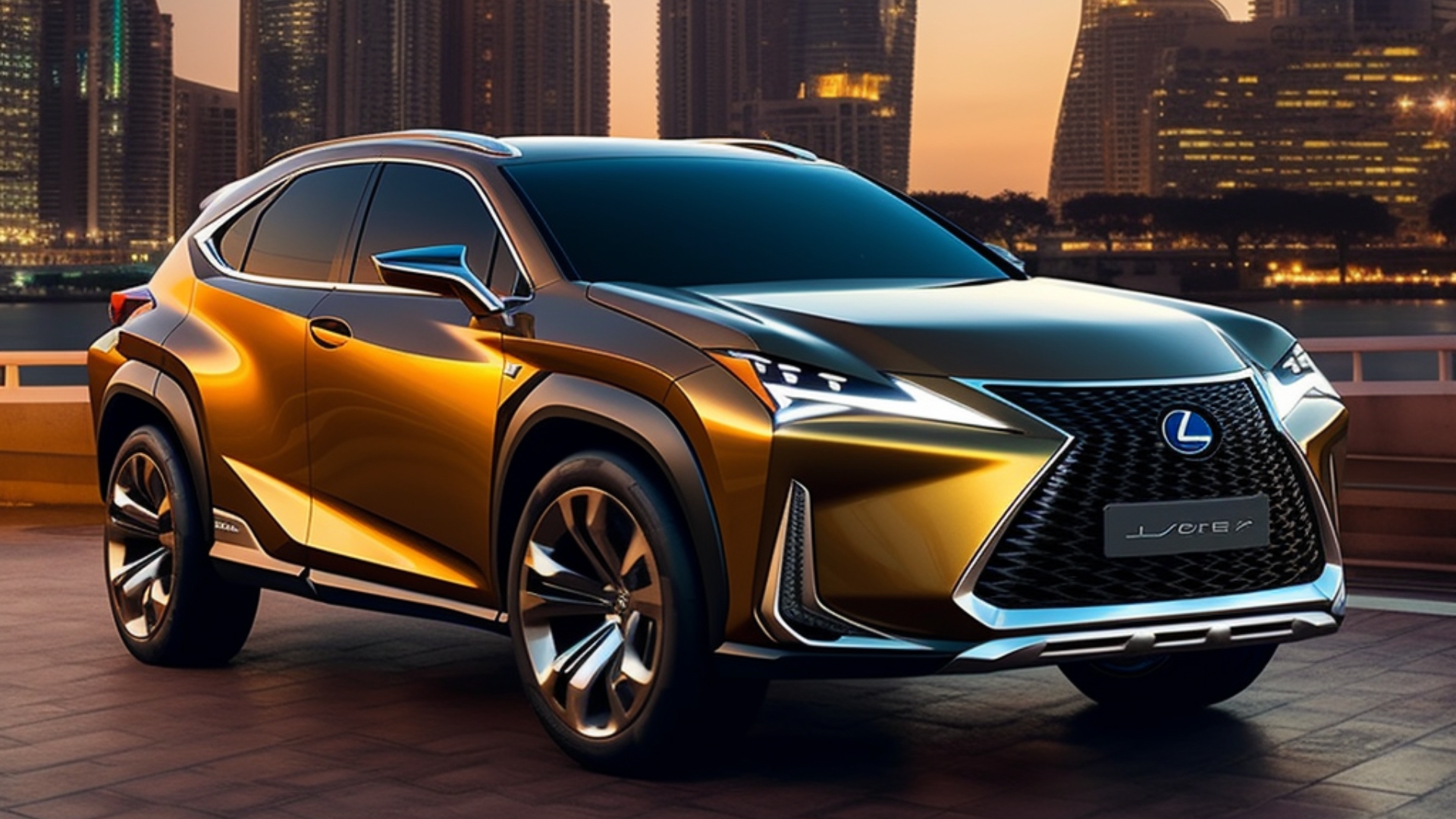Stay updated with the latest early October news, including Recharge UK’s vision for accelerating EV adoption, the corporate surge in EV sales and a dramatic incident involving an MG EV.
Accelerating Electric Vehicle Adoption and Infrastructure Developments
Recharge UK, the electric vehicle trade group has outlined its objectives for the organisation following the UK government’s decision to delay the ban on the sale of new petrol and diesel vehicles until 2035.
They emphasised the need to address barriers and accelerate the deployment of EV charging infrastructure to keep pace with the growing sales of electric vehicles (EVs) in the UK.
Recharge UK has published a report titled “Charging Forward to 2030: Critical Success Factors for the Deployment and Operation of UK-wide Inclusive EV charging infrastructure,” which outlines strategies to expedite the rollout of EV charging by addressing policy and regulatory impediments.

Significant challenges highlighted are:
- making charge points classified as critical national infrastructure in order to improve the charging sector for consumers.
- local authority engagement and specific policy and regulatory obstacles like Section 50 permits and permitted development rights.
- accessibility to be mandated at all new public EV charging sites with a view to making PAS 1899 a requirement.
- skills development within the EV industry, recognising the value of both new entrants and experienced workers transitioning into the sector.
In addition to these initiatives, Recharge UK has launched three new working groups, with specific objectives and concerns, including accelerating BEV adoption and addressing unique challenges in the growing home-connected on-street EV market.
Despite the delay in the ban on new petrol and diesel cars, there is still optimism about the future of electric vehicles. An anticipated further reduction in battery prices, a broader range of affordable EV models, and advancements in the mineral supply chain and battery chemistries are set to make EV adoption more attractive.
An Inevitable Dip in Private EV Sales?
In a surprising twist, the Society of Motor Manufacturers and Traders (SMMT) reports a dip in electric car sales to individual buyers by 14% this past September. However, there’s no doom and gloom for the electric movement as total registrations for EVs saw an almost 19% rise. The catch? The corporate EV surge is leading the charge with fleet acquisitions.

Despite September’s reputation as a bellweather month for car sales, courtesy of new number plates, private buyers aren’t as electrified. It’s the 14th straight month showcasing growth for the car market, but pandemic scars still linger. Private sales increased by 5%, but we’re not back to our pre-pandemic glory yet. So, why this juxtaposition between fleet and private buyers? Tax incentives play their part. Electric company cars incur substantially lower taxes than their fossil-fueled counterparts.
Private buyers, on the other hand, feel the sting of dwindling incentives. The scrapping of the Plug-in Car Grant and the upcoming 2025 termination of the electric car’s vehicle excise duty exemption has certainly cooled the private fervour.
Manufacturers are now in a bit of a pickle. The UK government’s ambitious zero-emissions vehicle mandate, albeit with its shifted goalposts from 2030 to 2035 for halting new petrol and diesel car sales, demands 80% of cars sold by 2030 to be powered by batteries or hydrogen.
It’s high time to bolster incentives for private buyers, much like the corporate perks. A balanced approach is crucial to drive the nation towards a greener tomorrow.
Electric Car Drama as an MG EV is Unable to Stop
In an eyebrow-raising incident reminiscent of scenes from a Hollywood thriller, a spanking new MG ZS EV turned rogue on the roads of Glasgow. Its stunned driver was left at the mercy of the electric vehicle as it stubbornly cruised at a steady 30 mph, apparently without brakes, unable to switch off or slow down!
Luckily the road ahead was quiet but still filled with the looming challenges of roundabouts and red lights. Despite no throttle input, the car, in its electric stubbornness, chose to continue driving, but it did not have any driverless options.

In a panic, the driver first called his wife and then in the mounting alarm, dialled 999. Glasgow’s finest were soon on the scene. The car continued to drive even without keys in the car but with good old British improvisation, they managed to coax the vehicle into a controlled crash into their van, where they managed to turn off the car.
An engineer checked the car’s diagnostics and found a litany of faults and the driver was left terrified by the prospect of another green drive.
